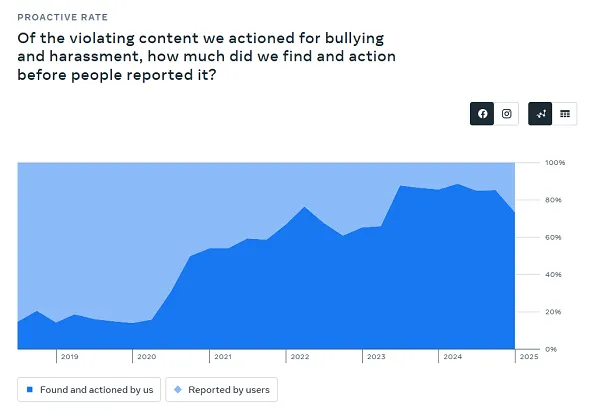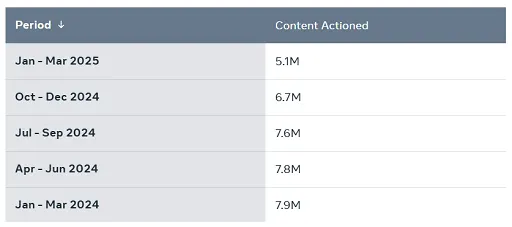Meta Increasingly Relies on AI for User Experience
Meta is expanding its use of AI across its platforms, impacting user experience in significant ways. CEO Mark Zuckerberg recently highlighted the growing role of AI in internal development, including coding, ad targeting, and risk assessment. This reliance on AI is set to increase dramatically, with reports suggesting Meta plans to automate up to 90% of its risk assessments on Facebook and Instagram.
AI-Driven Risk Assessment Raises Concerns
This shift towards AI-driven moderation raises concerns about potential risks. Previously, human reviewers evaluated new features for privacy violations, harm to minors, and the spread of misinformation. According to NPR, these reviews will soon be largely automated.
Until recently, privacy and integrity reviews were conducted almost entirely by human evaluators, but now, up to 90% of all risk assessments will soon be automated.
While Meta expresses confidence in its AI systems, critics question the ability of machines to handle the nuances of online interaction and protect users from harmful content.
Meta's Evolving Content Moderation Approach
Meta's Q1 Transparency Report showcased its AI moderation efforts. The company adjusted its approach to less severe policy violations, aiming to reduce enforcement mistakes and restrictions. Meta claims this has led to a 50% reduction in errors. However, this also means potentially more violative content reaching users.
Data reveals a 12% decline in automated detection of bullying and harassment on Facebook in Q1 2025. While seemingly small, this represents millions of potentially harmful posts. Meta aims to refine its AI systems to avoid hasty removals and improve accuracy.


AI's Expanding Role in Meta's Future
Zuckerberg predicts AI will write most of Meta's code within the next 12 to 18 months. While AI-driven coding seems logical, applying AI to complex policy enforcement carries greater risks. Meta assures that humans will oversee policy changes and only low-risk decisions will be automated. Nevertheless, this highlights the growing reliance on AI to shape user experiences.
The long-term effects of this shift remain uncertain. While AI offers potential benefits, its application to sensitive areas like content moderation requires careful consideration and ongoing evaluation.








